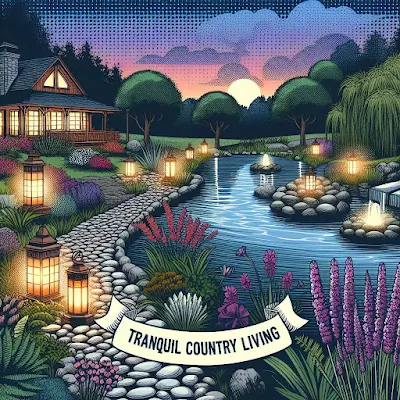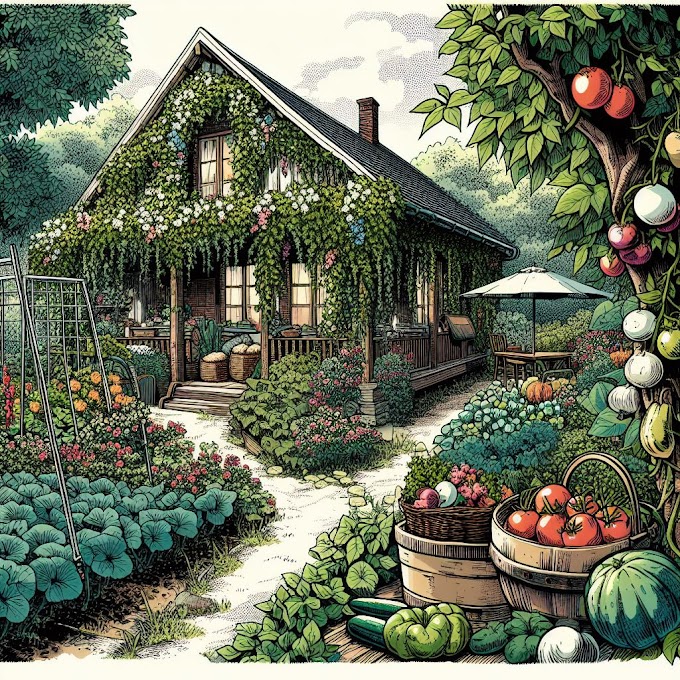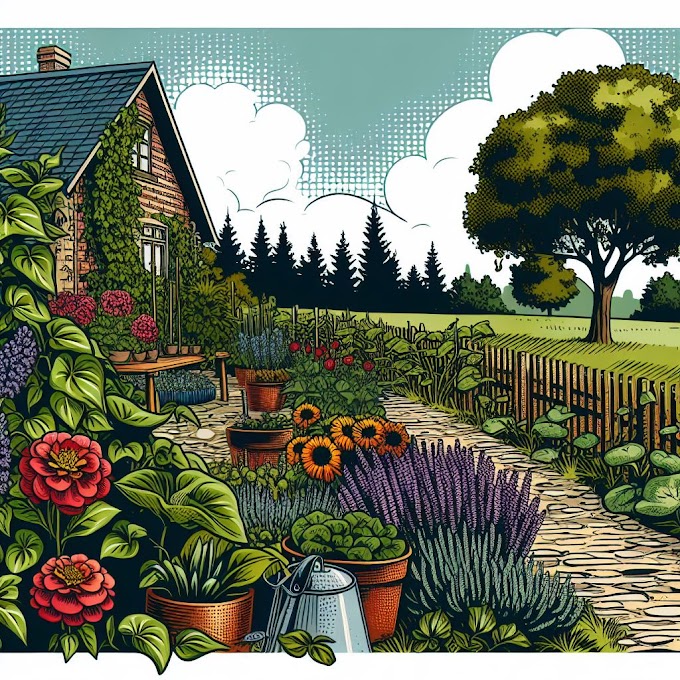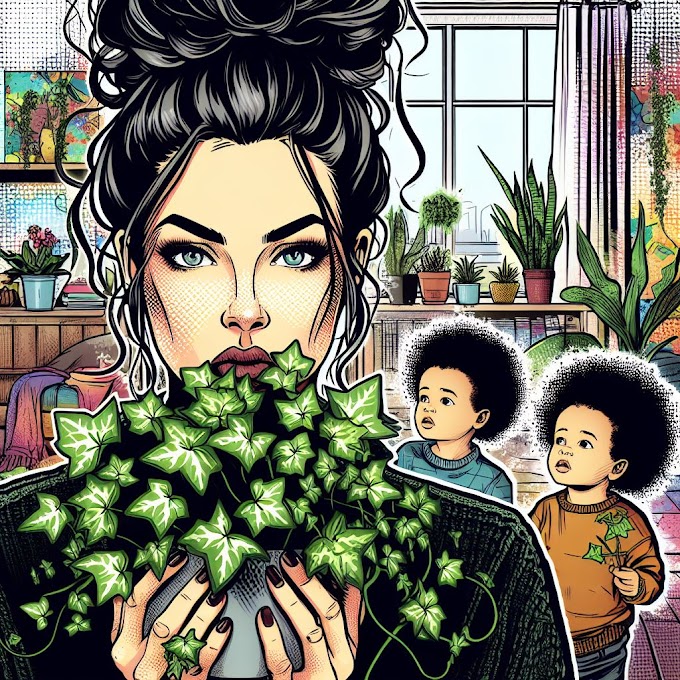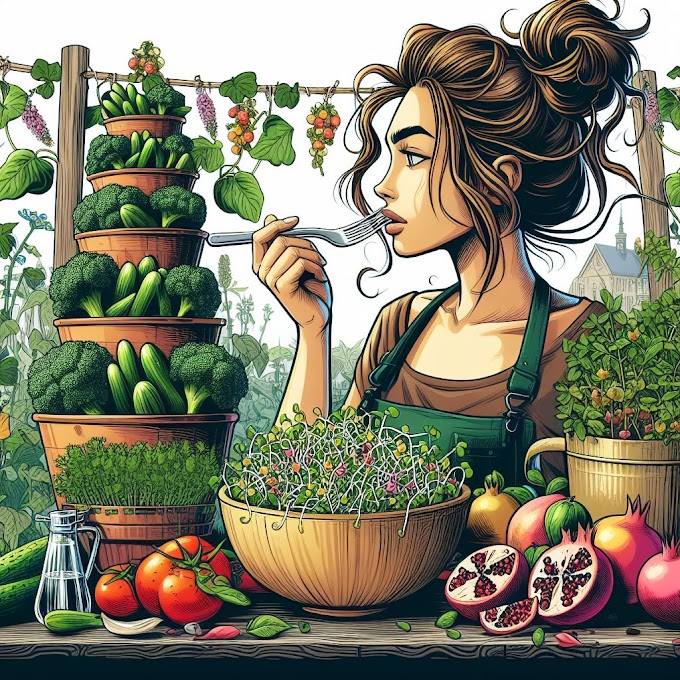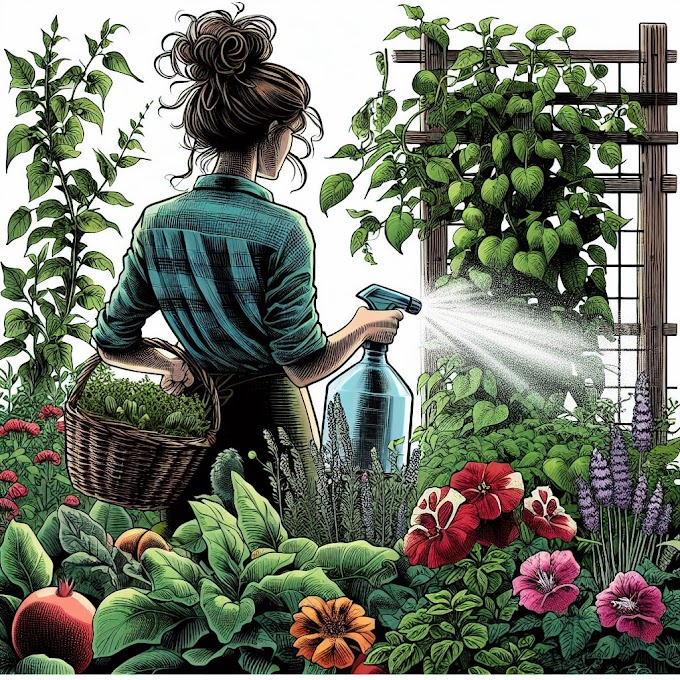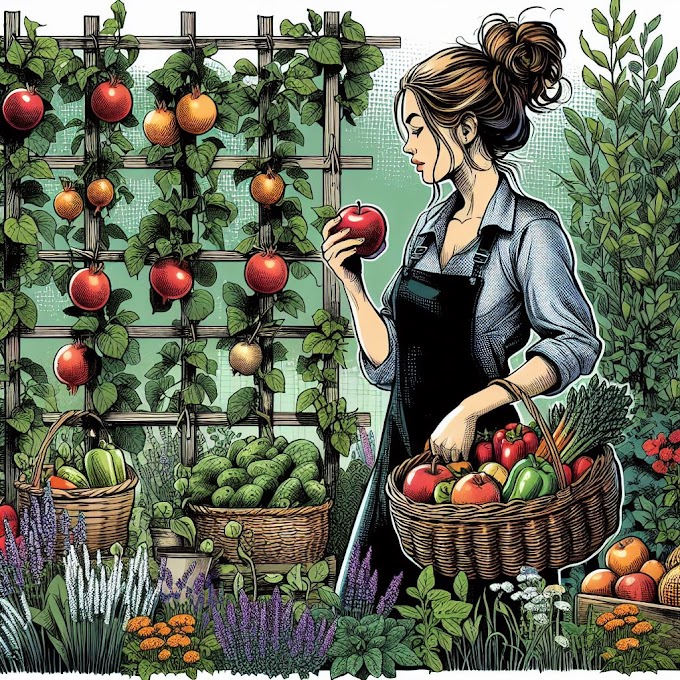Embracing Diversity in Your Garde
While growing your own organic vegetable garden, it's important to embrace the diversity of plant life and the potential for natural cross-pollination. In a garden ecosystem, there's always a chance of hybridization occurring, especially if you're growing multiple varieties of the same plant species. While this may lead to some unexpected results, it's all part of the beauty and adventure of gardening.
### Understanding Cross-Pollination and Hybrids:
Cross-pollination occurs when pollen from one plant variety is transferred to the flower of another variety, resulting in seeds that carry genetic traits from both parent plants. In some cases, this can lead to the development of hybrid plants with unique characteristics. While hybridization may alter the traits of subsequent generations, it's not necessarily a cause for concern in a home garden setting.
### Embracing the Unpredictable:
In your organic vegetable garden, don't be afraid to embrace the unpredictable nature of cross-pollination and hybridization. These natural processes can lead to the creation of new and interesting plant varieties, adding excitement and diversity to your garden landscape. Instead of worrying about maintaining strict genetic purity, focus on cultivating a vibrant and thriving ecosystem where plants can flourish and coexist harmoniously.
Moving Forward with Confidence:
As you embark on your gardening journey, remember that a little cross-pollination and hybridization are all part of the adventure. Embrace the diversity of plant life in your garden and celebrate the unique characteristics of each new generation of plants. With proper care, attention, and a healthy dose of curiosity, your organic vegetable garden will thrive and provide you with an abundance of fresh, homegrown produce to enjoy.
So don't let the possibility of hybrids deter you from getting your garden started. Embrace the diversity, roll up your sleeves, and let your garden flourish!



